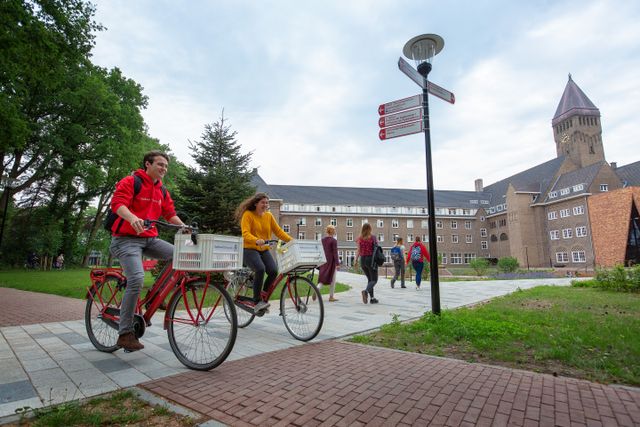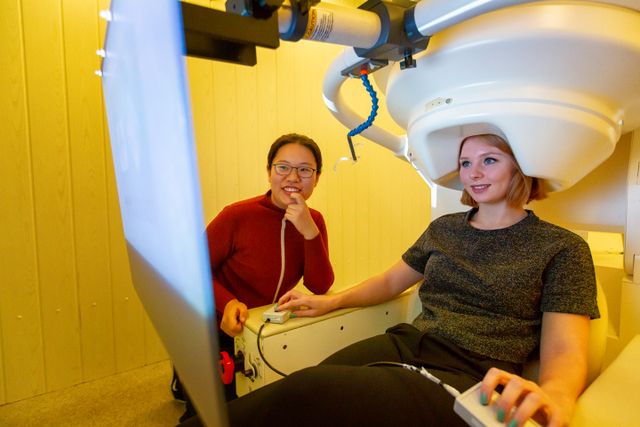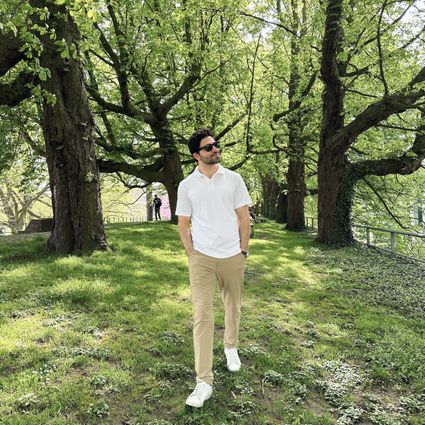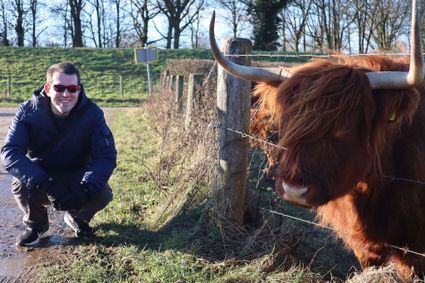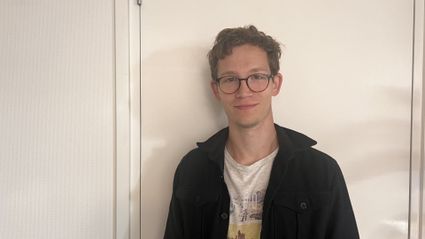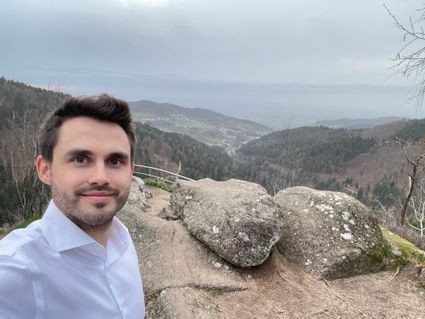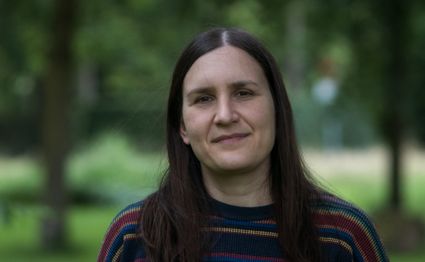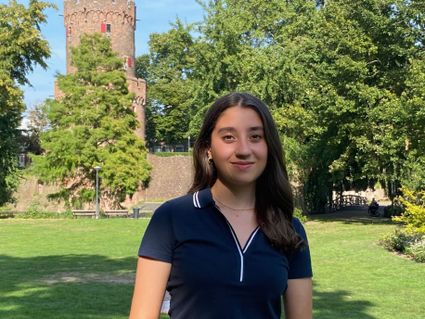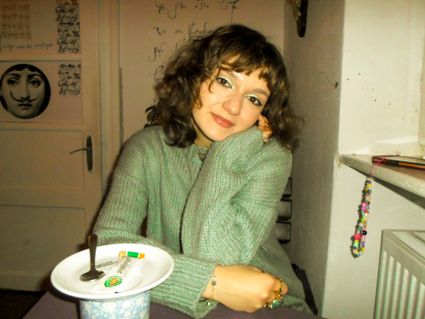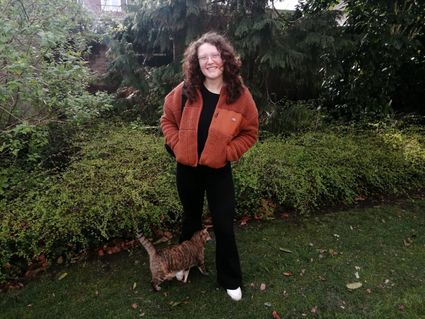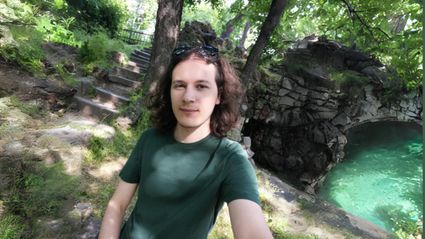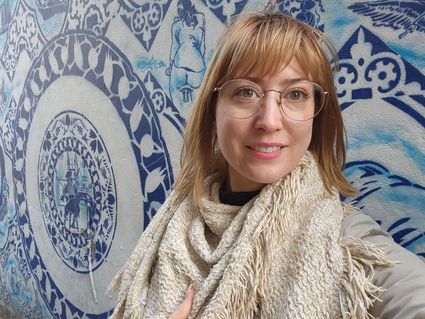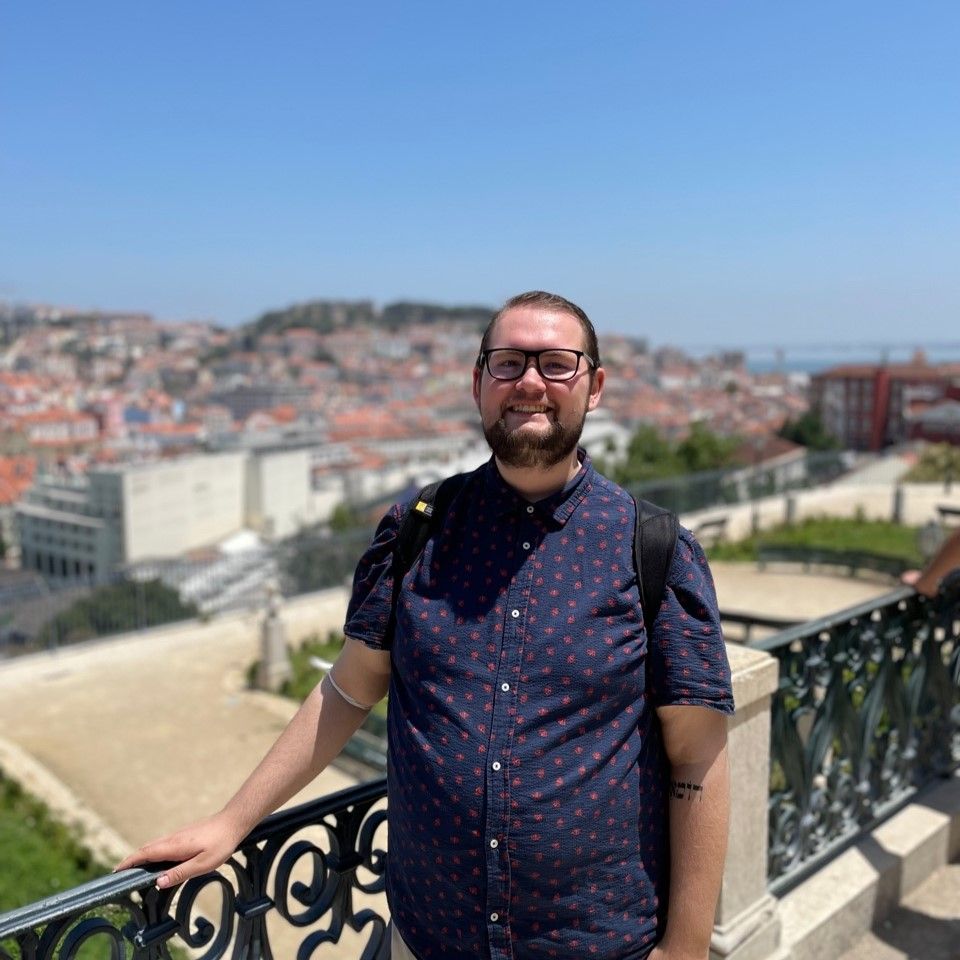
Expat life in Nijmegen: Marian, Germany
In the series "Expat Life in Nijmegen", expats talk about their lives in the Netherlands' oldest city. How did they end up here? What do they do in daily life here and what do they think of the city and its surroundings?
Here's the story of Marian Plohr from Germany...
"It’s a bit of a funny story about how I ended up in Nijmegen. After finishing school in Germany, I went to England to study law and I originally came here as an Erasmus student, still at the beginning of my degree.
But while I was in Nijmegen, the Brexit referendum happened, so I decided to continue my degree here instead of returning. That was more than seven years ago. A few weeks ago, I graduated with a master’s degree in European and International Law from Radboud University.
I didn’t know anything about the city before moving here. But it definitely turned out to be a good surprise. This probably sounds cliché, but I immediately felt welcome and at home.
At the moment, my favorite place in Nijmegen is probably the cat café Balthazar. The cats all have unique personalities, which is very fun to observe. My favorite cat is probably Wolfje. Other than that, I also like the restaurants close to the Valkhof, which all have excellent food.
What surprised me the most when I moved here was how hilly Nijmegen was. I grew up in the north of Germany – there are no hills whatsoever. Only the dike. But Nijmegen actually has quite some hills, and I had to get used to cycling them up, which you wouldn’t initially expect in the Netherlands.
Another big misconception is probably that it’s easy for Germans to learn Dutch. Of course, the languages are closely related, but it took me quite some time until I felt comfortable speaking Dutch and I didn’t fall back to English in a conversation. And studying in Dutch during my bachelor’s was definitely a challenge.
Looking back at the years living here, I think Nijmegen has definitely become a more international city over time. And I find it a bit sad that this internationalization is currently being pushed back by the government.
I don’t think everyone moving here for an Erasmus, for example, has to become fluent in the language. At the same time, however, I do think that at least learning the basics can get you a long way. Even if it’s just through Duolingo. It’s much easier to connect with people if you can have a bit of small talk in Dutch, order a coffee in Dutch, or say thank you."
Studying & working in Nijmegen
Nijmegen has a lot to offer in terms of studying, working and business. The oldest city in The Netherlands is also one of the largest student cities in the country. The city presents itself as a leading global player in solving social issues and problems. With its significant position in the Health & High Tech sector, Nijmegen belongs to the international top when it comes to improving the quality of life, healthcare and the development of high-quality technology for various social applications.
Discover more